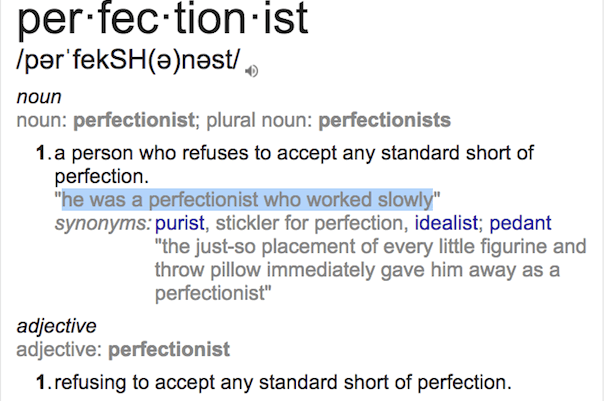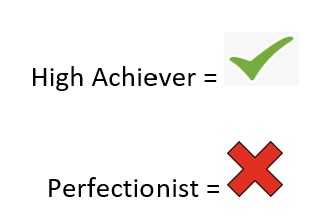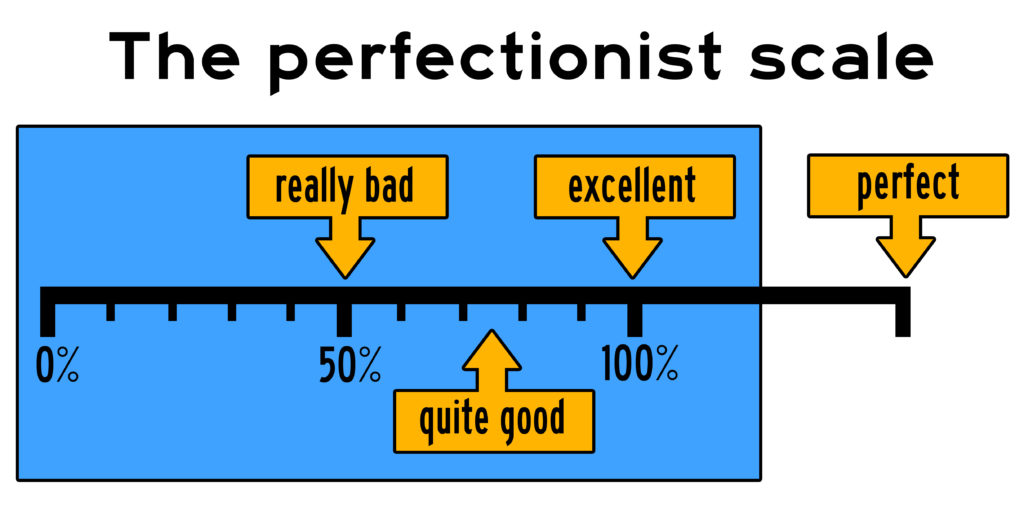
“Life doesn’t get easier or more forgiving, we get stronger and more resilient.”
By now parents are fully integrated into their new COVID-19 regulation profession – Domestic Juggler.


That means you get to be a:
Parent
Referee
Worker
Boredom buster
Houseworker
School work supervisor
Bandwidth monitor
Quality time organiser
Food supplier
Human
By now you may:
- feel you need to be a person of expertise in at least five different school subject areas.
- be expected to be a domestic, onsite tech-wizard.
- need to act as a wellness and wellbeing expert for bored and frustrated people (and some of them will be children).
- know exactly how much education has changed since you left school.
- be considering whether being legally isolated in a Sydney hotel for two weeks, alone, might not be such a bad thing!
While we have been trying to get our online learning system to offer the best possible teaching and learning experience for our students, we acknowledge that the change to an online learning mode has been so sudden that we know we have not got a perfect system to offer you.
We also hope that you are not expecting yourselves to have become perfect homeschooling parents in the few short weeks you have been given to immerse yourself in home-based education.
At this time perfectionism can be demoralising and even dangerous to you and your children.


“People often confuse high achieving behaviour with perfectionistic behavior. High achievers are dedicated, determined individuals who have a strong desire to accomplish something that’s important to them. Their achievements are not about what others will think of them or a fear of failure, it’s to gain personal gratification from their success.
People who deem themselves perfectionists, on the other hand, are not driven by the pursuit of perfection, they’re driven by the avoidance of failure. True perfectionists aren’t really trying to be perfect, they are avoiding not being good enough. This avoidance dictates much of their behavior, and it’s linked to depression, anxiety, eating disorders, and even suicide.”

Reasons why being a perfectionist is bad for you (and those around you):
1. Despite your search for perfection, you never feel perfect.
2. You cannot accept and celebrate your success → Perfectionists don’t acknowledge their wins to the extent of feeling the joy and satisfaction of a job well done. Instead, they find the flaws in how they (or others) executed the project. There is always something wrong, even though the outcome is exactly what they wanted.
3. You don’t allow yourself any mistakes → Instead of viewing them as a learning opportunity, you criticise and put pressure on yourself for not predicting a less than perfect outcome.
4. You put up a front, insisting everything is perfect → Perfectionists are intensely afraid of being judged by others.
5. You avoid taking on challenges that may cause you to fail → You’re afraid that you’re not smart enough to tackle a new learning curve and will be seen as a failure or let someone down.
6. You believe that your likeability is linked to being perfect → It’s not enough to be a wonderful person, you must be a perfectly wonderful person.
7. Your life doesn’t satisfy you → Perfectionists cope well in a low-stress environment, so as long as nothing challenges you you’re fine. When problems occur or work and home anxiety often increases, which offers the illusion that nothing is going well, thereby decreasing life satisfaction.
8. You struggle with getting things done on time → You may get things done, but you are in a constant battle with the decisions and motivation to complete certain things and the pressure can be overwhelming.
Not the kind of life that looks appealing or sustainable, particularly in times when everything seems unsure, uncertain and changeable.

Be nice to yourself!
Mr Terry Muldoon Principal, St Columba Anglican School |

